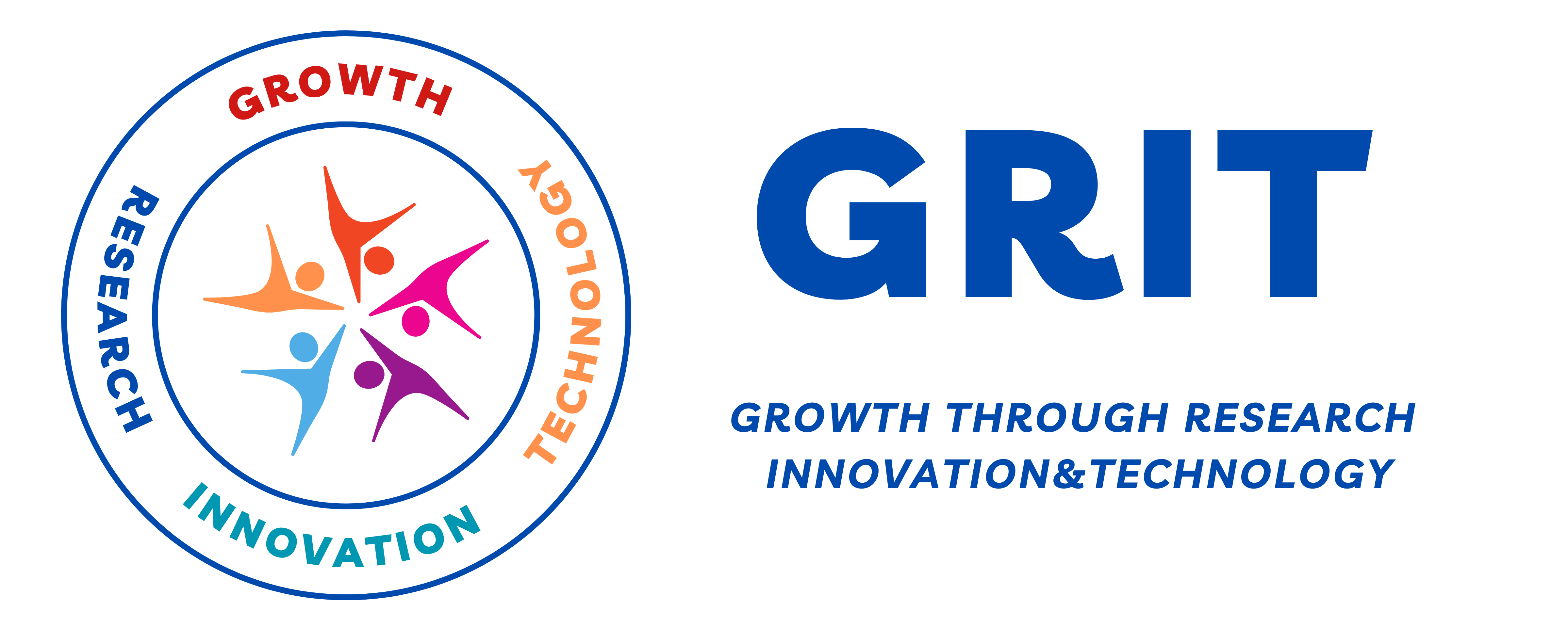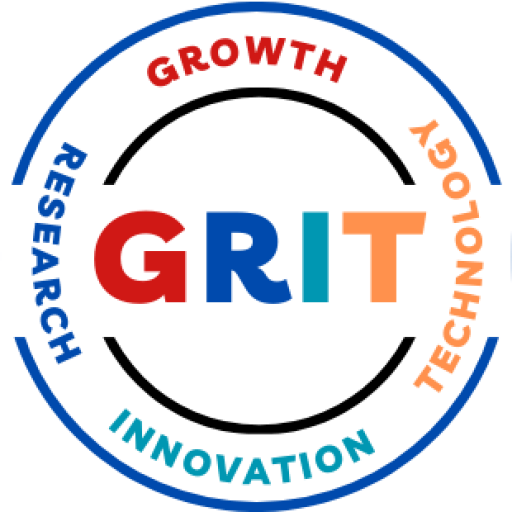The belief in self-efficacy, which emerges as one of the efforts to understand the “self” of psychology, can be defined as an individual’s belief in their ability to complete a specific task or goal. A quote from Albert Bandura, the originator of Social Learning Theory and the concept of self-efficacy, in his 1997 book Self-efficacy: The Exercise of Controlemphasizes that “Unless people believe they can produce desired effects by their actions, they have little incentive to act.” This underscores that this belief is the driving force behind success. Furthermore, Bandura also asserts that “Self-belief does not necessarily ensure success, but self-disbelief assuredly spawns failure”, suggesting that underestimating one’s own abilities is a shortcut to failure. Success and failure, however, are not solely limited to the tangible and material; anything that leads to inner peace can be considered success, while anything that causes unease may be seen as failure. Differing from self-confidence, another concept related to the “self” and could be expressed as “I believe in myself; I can do anything when I set my mind to it,” self-efficacy involves setting achievable, specific goals such as being able to run 100 meters before a marathon. From this perspective, self-efficacy shows an individual how much they have actually accomplished in their life. There is one prerequisite, though: the awareness or realization of all these accomplishments.
In the context of my own journey, both academically and personally, this is how I progress: striving with awareness for tasks I think I can do and refraining from acting on tasks I think I cannot. It is like focusing on the inability to climb a tree while trying to reach the fruits on its lower branches (and thus never attempting to reach the upper branches). Sometimes, I realize that reaching those upper branches is not as difficult as it seems. The only essential actions are to be able and to realize, two wonderful verbs that motivated me to start my doctoral journey—“I can” led me to this point. During the thesis-writing phase of my doctoral studies, this perception transformed into “I can work on self-efficacy in the context of human-society-language relations,” which piqued my interest. Since I know that a mind focused on what cannot be done cannot succeed, I compared the perceptions of self-efficacy between prospective English teachers, who are excited about their future profession, and English teachers who have dedicated years to the field. And, of course, the results were in favor of the hopeful, happy teacher candidates. The difference came from the harsh reality of teaching: focusing on the task of completing the curriculum. Another result was that teachers, whose focus was solely on completing tasks, had little opportunity to reflect on their competence or to unearth their abilities. This brings another dimension of self-efficacy into light: even if a person is highly confident about their abilities, success cannot be achieved without the appropriate conditions and environments to demonstrate those abilities. As for the hopeful and happy teacher candidates, the “teacher appointment or non-appointment” issue they will face upon graduation is another example of this dimension.
These underlying conditions can be thought about and interpreted within the context of education and society. This brings me to my new excitement, the fruit I saw in the upper branches of the tree and decided to reach out for—my second university degree in sociology. Like the sociologist and singer Teoman, who said in an interview, “Sociology taught me objectivity: I learned there that just because you think something is true, doesn’t mean it is,” thinking about society excites me. As someone with high self-efficacy, I can now say to myself, “I believe I can interpret my academic work in the context of societal factors, and that doing so will deepen the results of my studies.”
And GRIT… Another new excitement that reminds me of what I can achieve… In a chapter from Encyclopedia of Human Behavior (1994), Albert Bandura states, “If efficacy beliefs reflected only what people can do routinely, they would rarely fail, but they would not set aspirations beyond their immediate reach nor mount the extra effort needed to surpass their ordinary performances.”. Here, Bandura touches on a condition that could be a prerequisite for self-efficacy: stepping out of the comfort zone and setting new goals. Therefore, GRIT has breathed new life into my days, which are like “my strong tea in a slender-waisted glass, long live my comfort zone.” In my academic journey, GRIT encourages me to think and work in multidimensional ways, to set new personal and academic goals, and to collaborate, move forward together, and believe in achieving successes in alignment with those goals.
References
Bandura, A. (1994). Self-efficacy. In V. S. Ramachaudran (Ed.), Encyclopedia of human behavior (Vol. 4, pp. 71-81). New York Academic Press.Bandura, A. (1997). Self-efficacy: The exercise of control. W H Freeman/Times Books/ Henry Holt & Co.
ABOUT THE AUTHOR




